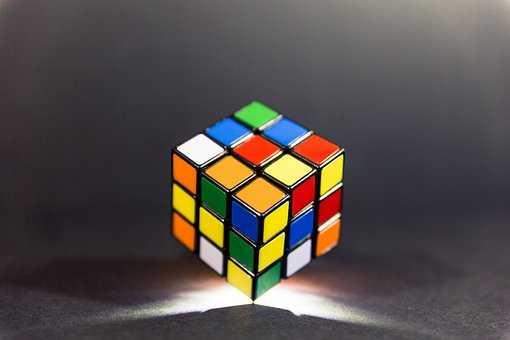Solving the Rubik cube
At first glance, the cube seems relatively simple, with nine uniformed colored squares on each side. To solve the puzzle, you must twist the cubes so that eventually, each side returns to its original color.
To master the cube, you must learn a set of algorithms. The potential number of variations in a three-by-three-by-three cube is 43 quintillion moves. Some cubes have evolved to a four-by-four-by-four and five-by-five-by-five.
68
497 reads
CURATED FROM
IDEAS CURATED BY
The idea is part of this collection:
Learn more about personaldevelopment with this collection
How to overcome fear of rejection
How to embrace vulnerability
Why vulnerability is important for personal growth
Related collections
Similar ideas to Solving the Rubik cube
The Magic Cube
In 1974, Hungarian architect Ernő Rubik wanted to find a way to model three-dimensional movement to his students. At first, he tinkered with blocks of cubes, made from wood and paper, and held by rubber bands, glue, and paper clips. Later he created what he called a Magic Cube.
The Magic C...
Read & Learn
20x Faster
without
deepstash
with
deepstash
with
deepstash
Personalized microlearning
—
100+ Learning Journeys
—
Access to 200,000+ ideas
—
Access to the mobile app
—
Unlimited idea saving
—
—
Unlimited history
—
—
Unlimited listening to ideas
—
—
Downloading & offline access
—
—
Supercharge your mind with one idea per day
Enter your email and spend 1 minute every day to learn something new.
I agree to receive email updates
